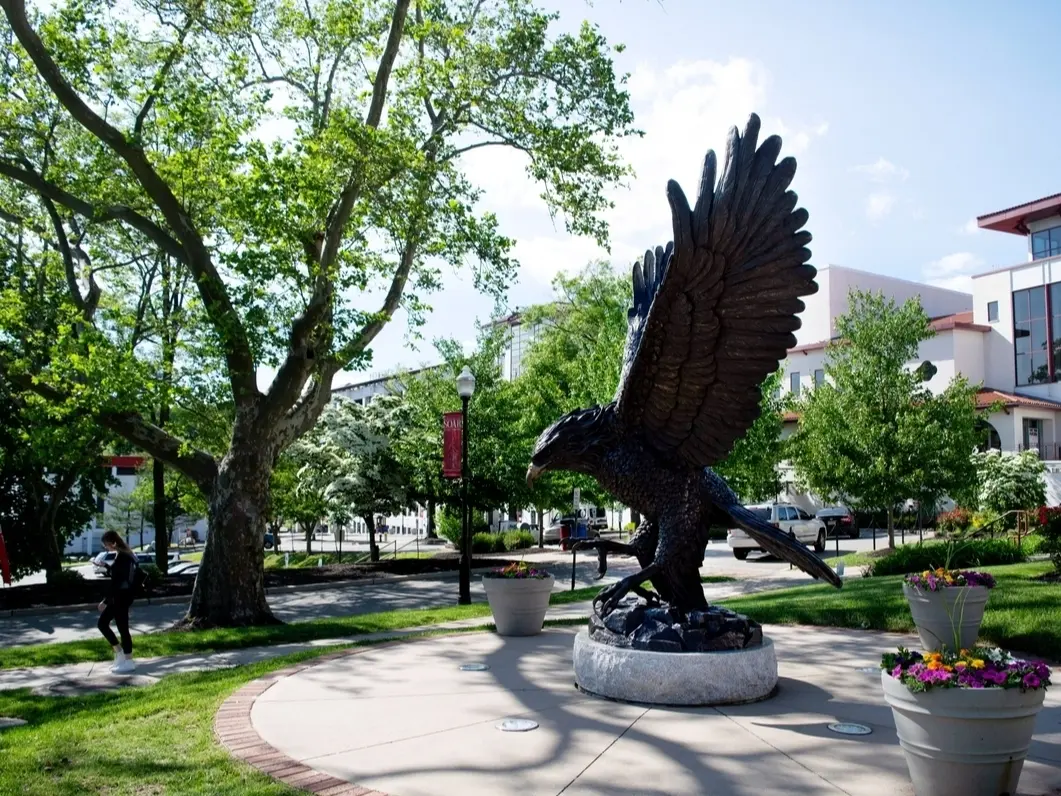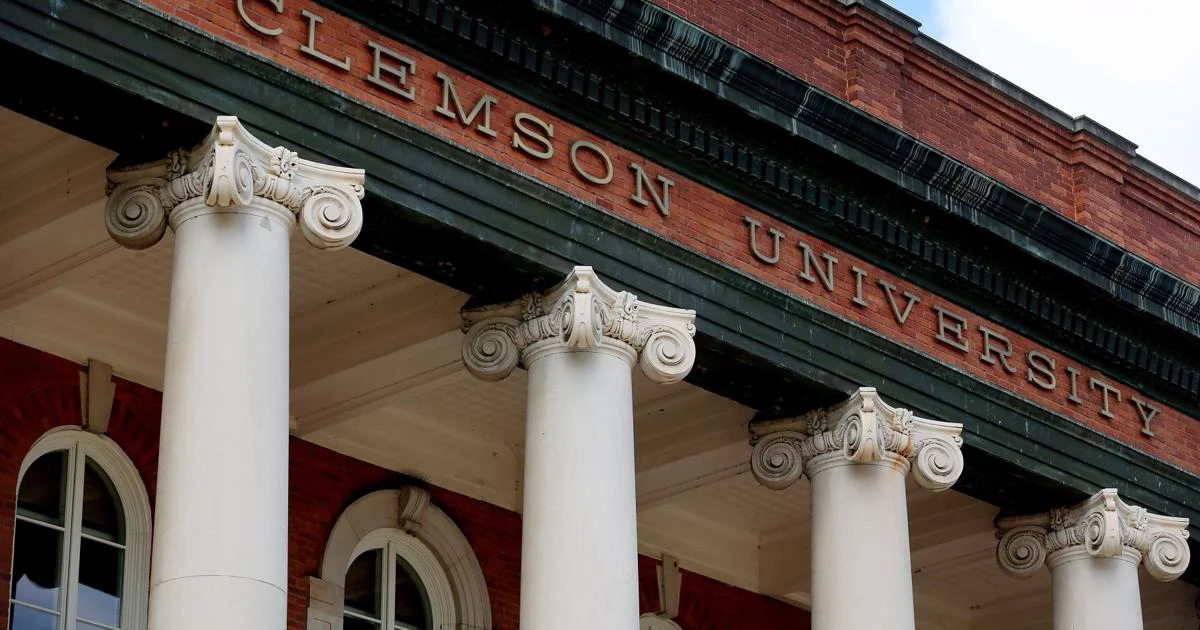Copyright Joliet, IL Patch

Here's what is planned – and why it will benefit students and staff, MSU administrators say. MONTCLAIR, NJ — An upcoming “re-imagining” of the humanities department at Montclair State University has sparked concerns among some students – although school administrators say it won’t impact their progress towards graduation, or result in job cuts for staff. The College of Humanities and Social Sciences at MSU currently includes more than 20 major degree programs and nearly 50 minor programs in the liberal arts. According to university spokespeople, there is a plan in the works to reorganize the department into three new categories: schools, institutes and centers (see details below). No majors or programs will be eliminated, a university spokesperson told Patch. “This will not result in the reduction of any employees, and no students’ course of study or progress towards graduating will be impacted,” the university said. The restructuring plan has nonetheless seen pushback from some students and staff, according to an online petition, which has seen more than 1,700 signatures as of Monday. “Actively ignoring the protests of the departments and individuals that are the foundation of Montclair’s respectability is a conscious choice in favor of more bloated administrative positions instead of producing smarter people and a better school,” the petition claims. DRAFT PLAN On Monday, Fatma Mili, the interim dean of the school’s College of Humanities and Social Sciences, released details of the draft plan in a letter to colleagues. Current departments – with all of their existing academic programs and their faculty – will be grouped into four “schools,” which will house degree programs. The schools will each have different names, which are still up in the air. They will also have different staffing levels. This change will not affect current students, administrators said. For example, an English major enrolled in a bachelor’s degree will remain an English major, and will work with the same peers and the same faculty. The four schools are: SCHOOL A (human behavior and well-being) – 67 faculty, 3,206 majors, 58,506 student credit hours. Disciplines include Psychology; Linguistics; Social Work and Child Advocacy; Religion. SCHOOL B (design and understanding of civic and social systems) – 59 faculty, 1,437 majors, 49,731 student semester hours. Disciplines include Anthropology; History; Justice Studies; Political Science/Law; Sociology. SCHOOL C (human narratives and creative expressions) – 51 faculty, 597 majors, 63,198 student semester hours. Disciplines include English; Classics and General Humanities; Philosophy; World Languages and Cultures; Spanish and Latino Studies. SCHOOL D (interdisciplinary programs and writing studies) – 32.5 faculty, 183 majors, 33,283 student semester hours. Disciplines include Interdisciplinary Studies; Medical Humanities; Gender, Sexuality & Women’s Studies; Writing Studies; Language, Business and Culture. Mili outlined some of the potential benefits for students, staff and other stakeholders: Benefits to Students – “While students' programs themselves remain formally unchanged and fully preserved, the benefits to their education will be significant. The most immediate impact will be many more interactions with full-time faculty. By optimizing our administrative resources, we aim to increase the percentage of students who are mentored by our full-time faculty—currently, half of our credits are delivered by adjunct faculty. Every study correlates student success with the quality of the relationship they form with their faculty. This reorganization directly supports higher quality of instruction and mentorship.” Benefits to Faculty – “Faculty thrive through the exchange of ideas and the access to an intellectual community of peers. It is difficult to create such a community in small units with different teaching schedules. The schools will naturally broaden faculty’s immediate number of peers and encourage them to be more present on campus.” Leadership Support and Development – “Schools with their dedicated staff and pooled administrative functions will free up faculty time from many administrative duties and enable the development of strategic leadership.” Curricular Vivacity – “The larger context of schools will help identify new programs and enable us to create and test new curricula without the need to create new structures.” A set of implementation committees and their charges are expected to begin working in January 2026, Mili reported. Send local news tips and correction requests to eric.kiefer@patch.com. Learn more about advertising on Patch here. Find out how to post announcements or events to your local Patch site.



